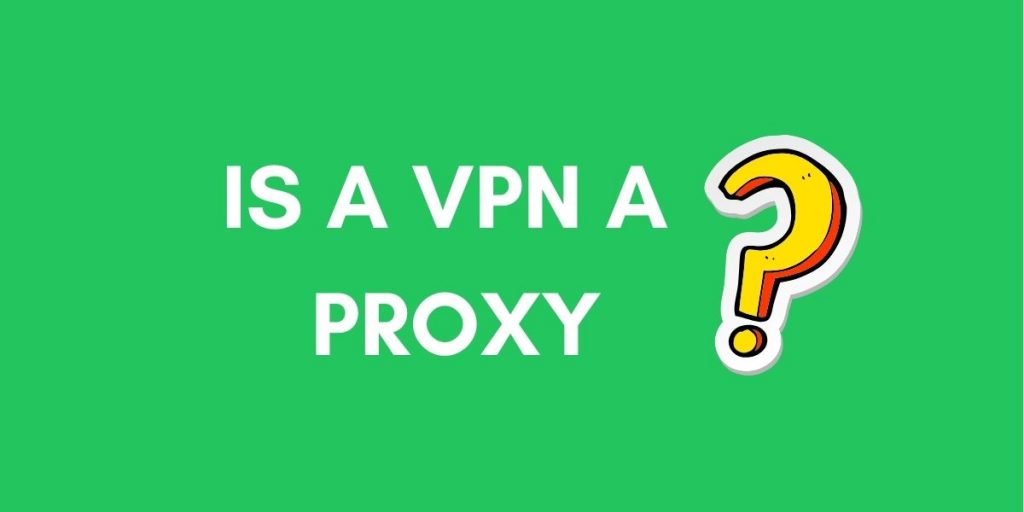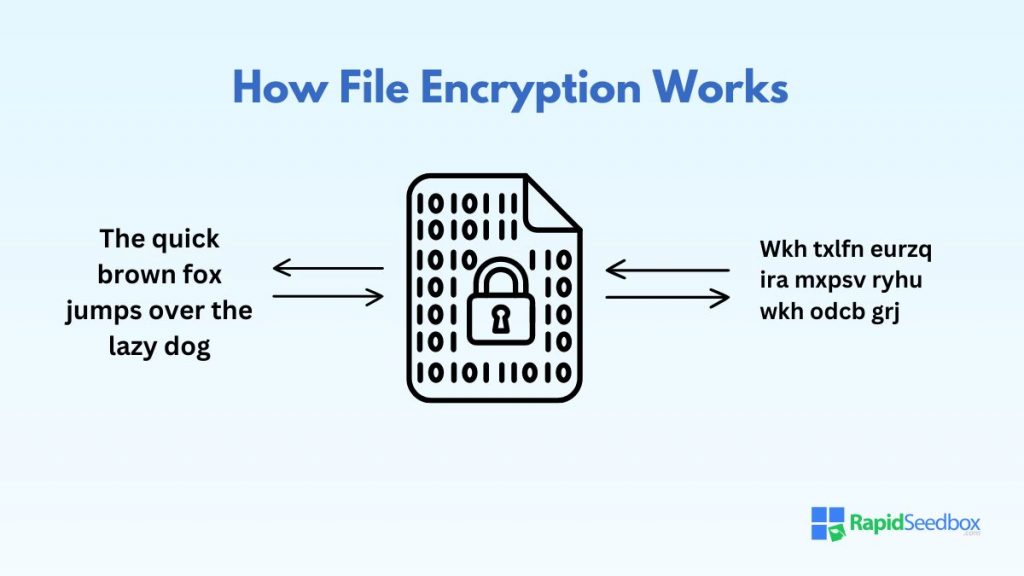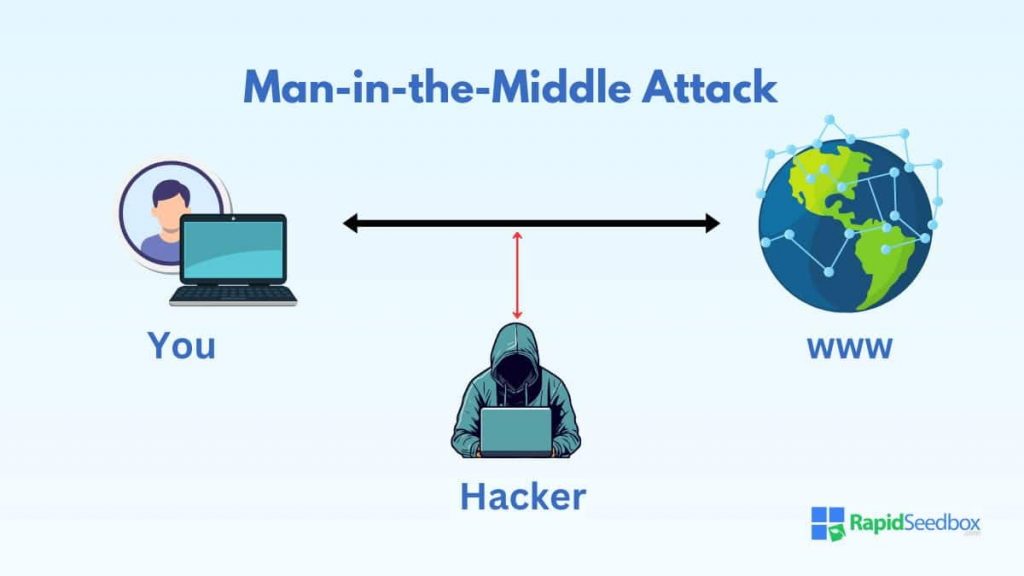Two of the most common tools for enhancing digital privacy are Virtual Private Networks (VPNs) and proxies. However, problems arise due to their similar behavior, leading many to ask: Is a VPN a proxy?
In this article, I’ll clarify the differences between these tools and provide a more specific use case frame for each.

Table of Contents
- Is a VPN a Proxy?
- When to Use a VPN vs. a Proxy
- Common Misconceptions About VPNs and Proxies
- Frequently Asked Questions
- Final Thoughts
1. Is a VPN a Proxy?
A VPN is not a proxy, even though both route data through an intermediary server. While they may have similar characteristics, VPNs offer better security, while proxy servers can work with other apps for specialized jobs like data collection.
a. How VPNs and Proxies Differ
| VPN | Proxy | |
| IP Address Masking | Yes | Yes |
| Data Encryption | Yes | Rarely |
| Security Level | High | Low |
| Speed | Fast | Fast |
When you use a proxy, your internet requests are sent to the proxy server, which then forwards them to the intended website or service. The website sees the request from the proxy server, not your device, thus masking your IP address.
However, proxies typically do not encrypt your traffic, leaving your data vulnerable to interception by malicious entities. This makes proxies a more lightweight and faster option but less secure.
On the other hand, a VPN creates a secure, encrypted tunnel between your device and the VPN server. When you connect to a VPN, all your internet traffic is encrypted and routed through the VPN server, which then communicates with the internet on your behalf.
This encryption provides a much higher level of security, protecting your data from hackers, government surveillance, and other prying eyes. VPNs also often include other security features like kill switches and DNS leak protection, further enhancing privacy.
Note: In the past, proxy servers were touted as faster than VPNs. This was primarily because proxies don’t encrypt data. However, thanks to modern VPN protocols like WireGuard, the speed difference has largely been eliminated.
2. When to Use a VPN vs. a Proxy
| VPN | Proxy | |
| Securing Data | Yes | No |
| Geo-unblocking | Yes | Yes |
| Securing Networks | Yes | No |
| Anonymous Browsing | Yes | Yes |
| Bypassing Web Filters | Yes | Yes |
| Streaming Content | Yes | Yes |
| Web Scraping | No | Yes |
Now that we know the critical differences between a VPN and a proxy, let’s consider when to use each for the best results.
a. When to Use a VPN
- Enhanced Security and Privacy: A VPN is better for protecting sensitive information or ensuring your online activities remain private.
- Bypassing Geo-Restrictions: VPN service providers often emphasize geo-unblocking, making them more adept than proxy servers, especially when dealing with media streaming services like Netflix.
- Safe Use of Public Networks: Public networks are notorious for lacking security. Using a VPN on these networks can protect your data from being intercepted by cybercriminals who might be lurking on the same network.
- Accessing Restricted Networks: A VPN is ideal for securely accessing a company’s internal network or bypassing firewalls. It ensures that your connection to the network is encrypted, protecting both your data and the network.
b. When to Use a Proxy
- Faster Access: If speed is your priority and security is less of a concern, a proxy can be a good choice. However, remember that modern VPNs can be just as fast.
- Anonymous Web Browsing: If you simply want to browse the internet without revealing your IP address, a proxy server can help.
- Bypassing Simple Content Filters: Proxies are often used to bypass basic internet content filters, such as those found in schools or workplaces.
- Data Collection or Web Scraping: Dedicated apps can leverage proxies to enhance data collection activities. They offer advanced features like IP rotation and fast connect/disconnect capabilities.
Tired of getting banned while collecting data?
RapidSeedbox’s robust proxy solutions are your answer to uninterrupted data extraction. Our proxies provide the anonymity and IP rotation needed to bypass even the toughest anti-scraping measures.
Boost data collection with RapidSeedbox Proxy now!
3. Common Misconceptions About VPNs and Proxies
One of the most significant issues surrounding VPNs and proxies is the large amount of conflicting information about these tools. Let’s explore some of the most common misconceptions and clarify their truth.
Misconception 1: VPNs and Proxies Provide the Same Level of Security

While both can hide your IP address, only VPNs encrypt your internet connection. This encryption is crucial for protecting sensitive information. Many VPNs today also offer additional security features like antivirus, ad blocking, and more.
Conversely, proxies do not encrypt your traffic, making them less secure and more vulnerable to cyber threats.
Misconception 2: Proxies Are Just as Good as VPNs for Privacy
While proxies can hide your IP address from the websites you visit, they do not protect your data from being intercepted by others. Data transmitted without encryption can be read by your Internet Service Provider (ISP) or potential hackers.
VPNs are far superior to proxies in terms of privacy because they encrypt your data, making it much harder for anyone to track or intercept your online activities.
Misconception 3: Using a Proxy Is Sufficient for Secure Browsing
Some users think using a proxy is enough to secure their browsing experience. However, because proxies lack encryption, they do not offer any protection against man-in-the-middle attacks or other forms of cyber intrusion.
A VPN is necessary for genuinely secure browsing, especially when dealing with sensitive information. Proxies alone are not sufficient to ensure your online security.
Misconception 4: VPNs and Proxies Are Interchangeable
While their use cases overlap somewhat, VPNs and proxies are different. VPNs are designed to provide comprehensive security and privacy, while proxies are more about convenience and speed. Using a proxy when you need a VPN can expose your data.
Misconception 5: Free VPNs and Proxies Are Just as Good as Paid Versions
The appeal of free VPNs and proxies is understandable, but it’s essential to recognize their limitations. Free services often come with significant trade-offs, such as limited bandwidth, slower speeds, and, in some cases, compromised security.
Additionally, some free proxies and VPNs may track your online activities and sell your data to third parties, defeating the purpose of using them in the first place.
4. Frequently Asked Questions
Using a VPN and a proxy together is possible. However, doing so isn’t necessary and can sometimes complicate your connection. Combining the two can also result in a connection with higher latency than necessary. It’s better to stick with a VPN unless you have specific needs.
Proxies used to be notably faster than VPNs because of the latter’s encryption and protocols. However, VPN technology has improved, with new protocols and high-performance devices leveling the speed gap between the two.
While free VPNs and proxies might seem attractive, they often have significant drawbacks. Most concerning, some free services may track your online activities and sell your data to advertisers or third parties, directly undermining your privacy.
A VPN or proxy can affect your internet speed, but this impact depends on various factors. So long as you choose a reputable service provider that offers high-quality servers, the impact should be minimal.
There are certain situations where a proxy might be more suitable than a VPN. For instance, researchers or digital marketers may use special apps with proxy servers to improve data collection or web scraping activities.
5. Final Thoughts
As with everything else, you should always choose the correct tool for the job. That applies to VPNs and proxy servers as well. Unless you have a particular need for proxy servers, I recommend a VPN instead.
However, it’s essential to understand that in some use cases like data scraping, VPNs often don’t work with the necessary tools that will give the results you want. Most of these tools require proxy servers and a bunch of IP addresses to work properly.
Worried about getting your IP banned?
RapidSeedbox proxies are engineered to provide the highest anonymity and protection for web scrapers. Our rotating proxies ensure your IP never gets flagged, allowing you to gather data without fear of bans.

0Comments